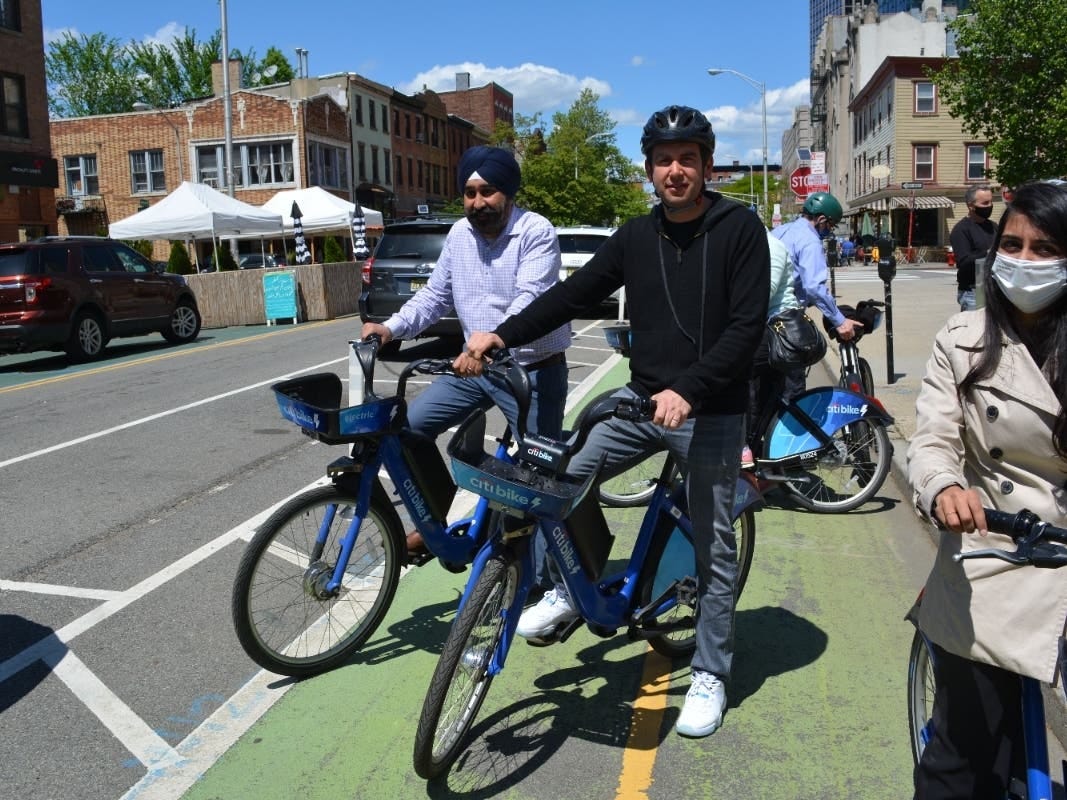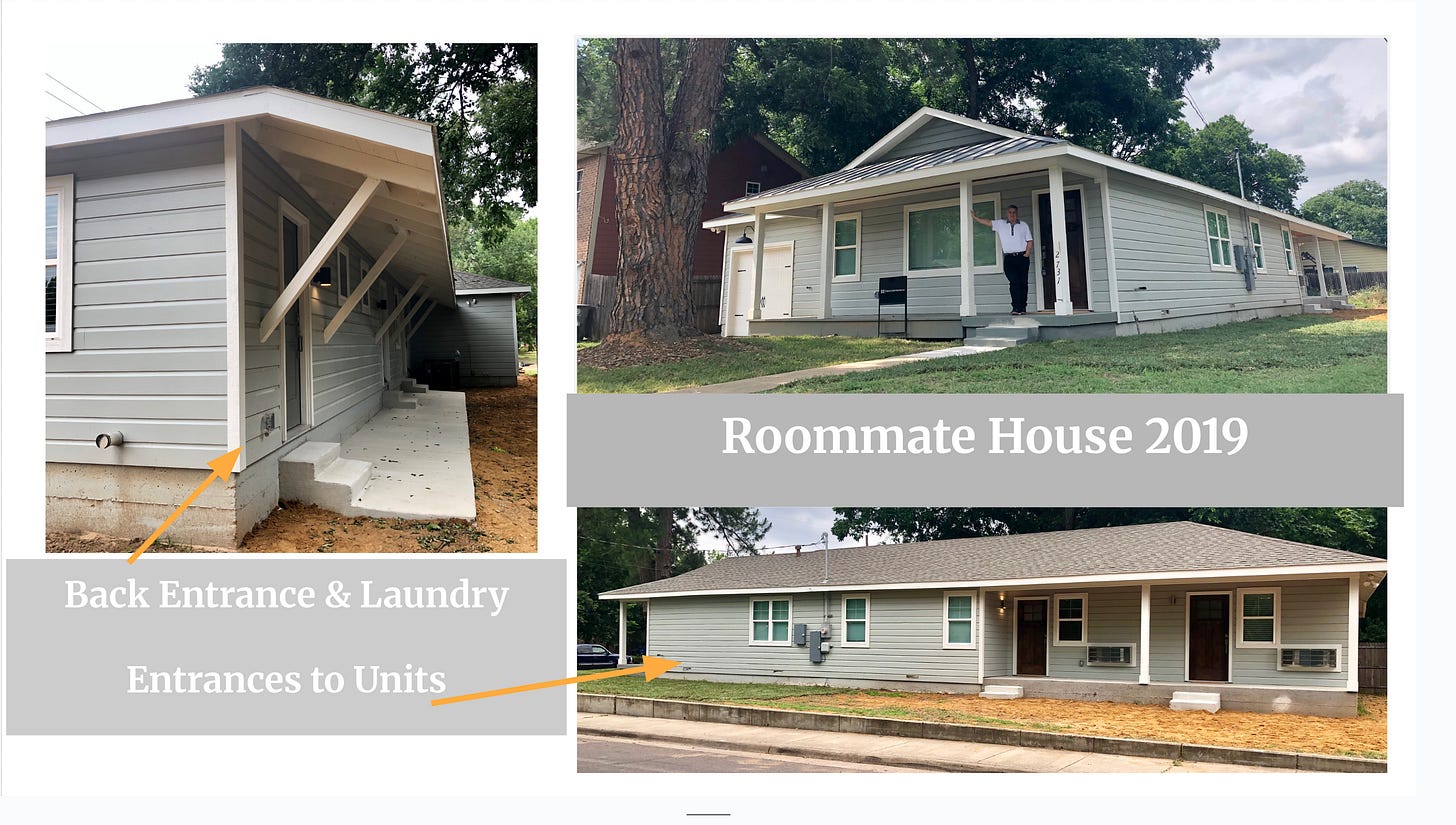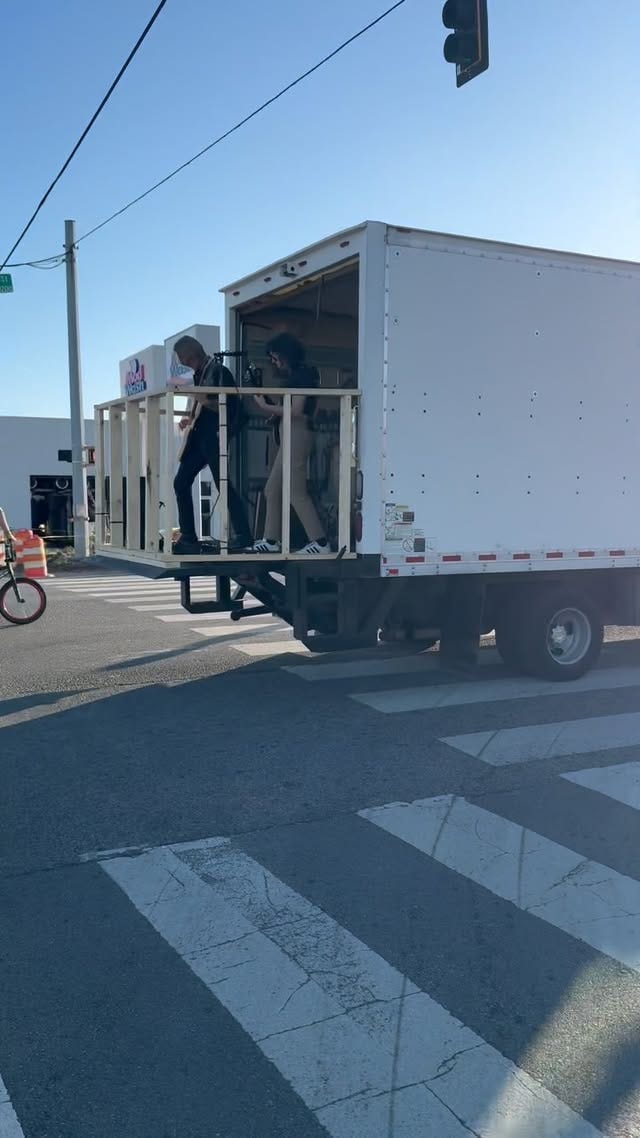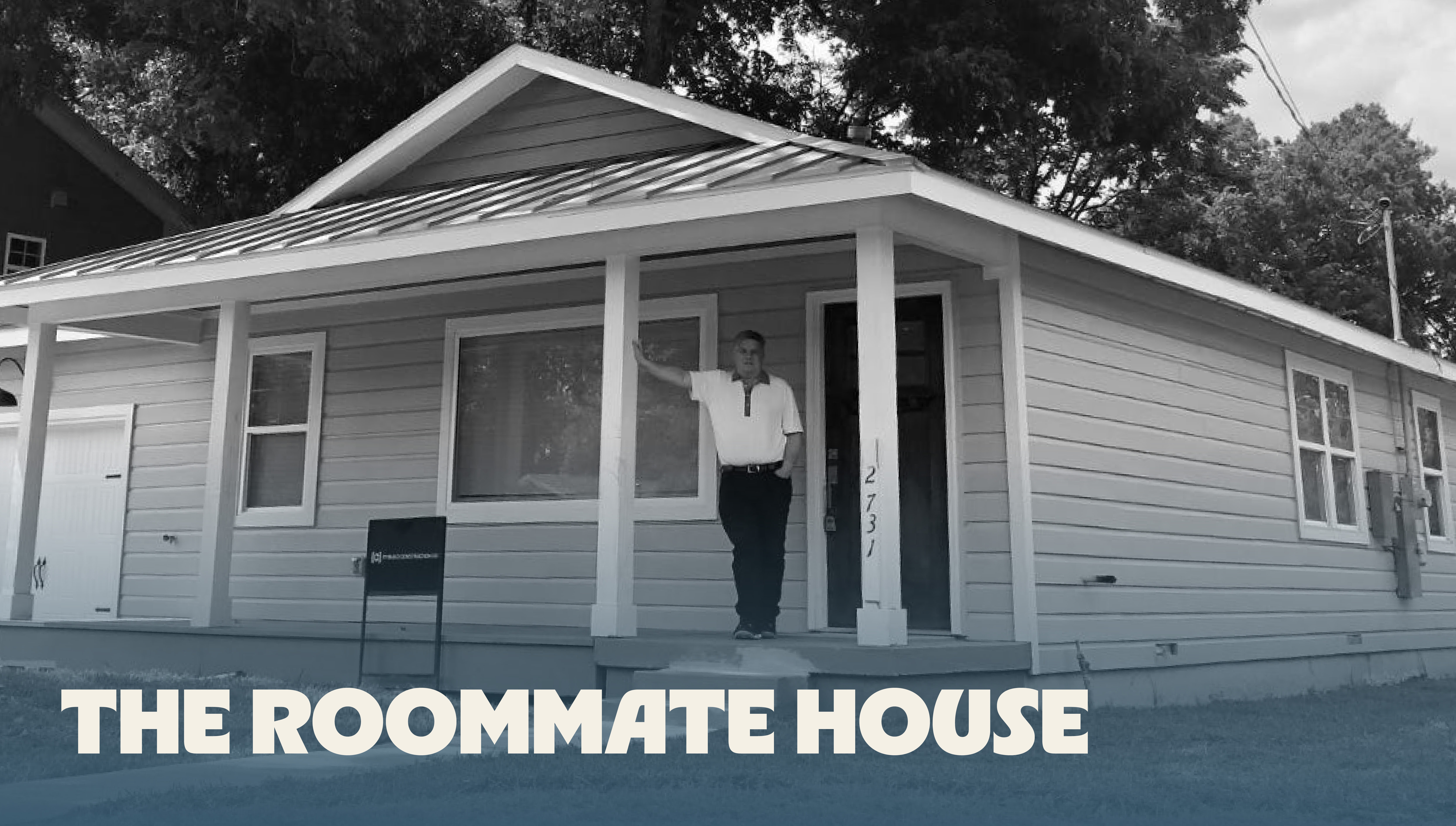Wise as serpents, harmless as doves
Written by JON JON WESOLOWSKI
—
I find myself torn between two deeply held convictions. On one hand, I believe that meaningful change often comes from people who learn to navigate the system, who work patiently within its confines. On the other hand, I also believe that meaningful change often requires people who ignore the rules entirely, who step outside the lines and redraw them. It’s a little bit Aaron Burr, patiently waiting in the wings, and a little bit Hamilton, charging forward without looking back.
Personally, I tend to lean toward action. I admire the audacity of people who go for it. But I’ve also seen a pattern. For every outsider who makes something happen, I know many more who flame out; not because they lacked good ideas, but because the people in power weren’t interested in listening. It’s like taking the longer back road to avoid traffic. You move faster, but you travel further. It might feel like progress, but it isn’t typically the case.
Then again, there’s another kind of trap. The one where people wade into the system so fully that they become part of the machinery they set out to challenge. Bureaucracy has a way of absorbing well-meaning people. It’s a bit like that sandpit monster from Star Wars, slowly digesting its victims over a thousand years. Technically, they’re still alive, but they’re no longer fighting. They’re buried under layers of micro-compromises and process maps.
And to be clear, I respect both ends of the spectrum. We need activists to rattle the cage, and we need thoughtful engineers to keep the thing from collapsing entirely. But the people I admire most are the ones who do something harder. They don’t demand the system collapse, but they also don’t play by all its rules. They live mostly inside the boundaries, but they keep stretching them. They get into a little bit of trouble; just enough to push the limits without blowing everything up. And in doing so, they expand what’s possible.
I don’t know if you’re one to read the bible, but there’s something really important that Jesus once said. He told his disciples to be as wise as serpents and as harmless as doves. I think we focus on the harmless part, because it feels more virtuous or maybe more polite? But the wisdom part is just as important. He didn’t say to be naive or innocent in the way children are. He said to be like a snake. Which is, frankly, a weird metaphor to use unless you really mean it.
And I think what he meant was this: the people who actually change things are not just good; they’re strategically, brilliantly, or even cunningly good. What if we put the same creative energy into housing our neighbors that a bank robber puts into planning a heist? What if our streets were made safer not by following the rules, but by gently and deliberately ignoring them?
I want to tell you a few stories. Stories of people I’ve met who have lived out this strange combination of wisdom and gentleness. They are not always celebrated. They don’t always get credit. But in their quiet, clever, troublemaking way, they’ve made the world a little better.
None of these people will be unfamiliar to you if you follow my stuff, but I think noticing them in this light is helpful; they are as cunning as they are caring.
Bernice Radle
At the start of our friendship, Bernice taught me a tactic so clever it almost felt like cheating. But it wasn’t cheating. It was organizing.
In 2016, Buffalo became the first major U.S. city to eliminate parking minimums citywide through a zoning rewrite called the Green Code. It didn’t happen overnight. It took years of planning, testifying, and waiting under fluorescent lights in cold municipal buildings.
And somewhere in the middle of that slow civic grind, someone had a simple idea: don’t sit with your friends.
When supporters cluster together, they look like a group; easy to label, easy to dismiss. But if you spread out across the room, wear the same button, and cheer at the same moments, your presence ripples. Suddenly support is everywhere. It doesn’t sound like a faction. It sounds like momentum.

The Buffalo crew made buttons and gave everyone the same instructions: wear one, sit apart, and cheer loud. That scattered wave of support felt like the whole room was on their side.
I’ve shared this trick with groups ever since. Don’t clump. Disperse. Fill the space. Because even a small group, when spread out and unified in purpose, can feel impossible to ignore.
Also, Bernice is a workhorse. On top of managing properties, developing new ones, leading a consulting business, and traveling to speak, she also leads a preservation orgin her free time.
Bharka Patel

At first glance, Barkha doesn’t seem like a rule-breaker. She’s thoughtful, strategic, and deeply committed to public service. But she doesn’t always follow the rules. When she was leading city planning in Jersey City and committed the city to Vision Zero within ten years, she didn’t wait for the slow gears of government to turn. She saw a dangerous intersection that already had funding allocated for improvements, but those improvements were years away. And Barkha didn’t want to wait. So she acted.
She used what she had. She implemented a tactical fix to make the intersection safer immediately. It was temporary, sure, but it made things better now. And this wasn’t just a one-off decision. It became a pattern; It became standard practice.
In Jersey City, under Barkha's leadership, you couldn’t just send out a public opinion survey and do nothing. If you asked people what they thought, you had to show them change. Maybe a pop-up park. Maybe a temporary bike lane. But always something real. Because asking people what they want without ever showing them anything different is just another form of inaction.
What I love most, though, is the policy she created that required decision-makers to participate in implementation. No more approving plans from a distance. If you were responsible for an idea, you had to help roll it out. And every new intervention was tested in front of City Hall. You couldn’t hide behind a desk in Jersey City. You had to stand in the street and serve.

Sometimes these things weren’t technically allowed. But Barkha isn’t guided by what is merely allowed. She is guided by what is right. She approved painting the roadway the wrong shade of green because that was the only shade they had. She added ponytails to cyclist symbols to make streets feel more inviting, even if it didn’t align with the official manual.
The result? Jersey City hit its Vision Zero goals nearly five years ahead of schedule. The mayor won a third term. And Barkha now oversees the entire infrastructure department, tying together the threads of transportation, planning, and design. Not because she waited for permission, but because she led with purpose.
Monte Anderson
I’ve worked with Monte for the better part of a year now, and I’ve reached the point where I’m no longer surprised by how often he surprises me. Last week, he told me about a shopping center he bought in a Dallas suburb. The place had been struggling with homelessness and crime. The situation had gotten so bad that the budget included thousands of dollars just for private security. Most of the buildings had bars on the doors and windows, and people avoided the area altogether.
Monte looked at all of that. The boarded-up storefronts. The line item for security guards. And instead of asking how to push people out, he asked what could be done to help them. What if the money already being spent to make people leave could be used to make them feel welcome?
He took down the metal bars. He had bigger plans. One of the units was turned into a homeless services intake center. It offers showers, food, and connections to city services and long-term housing. He’s partnering with HUD and the city, not to displace people, but to support them. This gave people access to necessary services like housing programs and got them a set up with government IDs. And without spending more than he already was, the crime rate went down. People started coming back. The business tenants had a chance to thrive.

That story on its own would be enough. But there’s more. One of Monte’s earlier projects was a single-family home that he turned into a triplex. From the street, it looks like a normal house. But inside, the layout reveals something clever. It’s a two-bedroom house with two additional studio units, all connected by lockable doors. And because of how the code works, those studios are considered part of the main home.
This small detail allows each studio to rent for just $250 a month. No government subsidy. No red tape. Just deeply affordable housing, created by working within the rules while nudging them toward something better.
There are people with roofs over their heads and small businesses finding success, in part because Monte is always asking what else is possible. He stays inside the system, but constantly stretches its limits toward care, community, and common sense.
Monte and Bernice both are founding members of Neighborhood Evolution, and is one of the reasons I love working with that group!
Eric Kronberg
A couple of weeks ago, I stumbled across something I wasn’t supposed to find. Not in a forbidden kind of way, but in the sense that, technically, it shouldn’t exist. It looked like a cottage court: a small collection of homes nestled around a shared courtyard, where grass replaces asphalt and front porches face neighbors instead of driveways. The houses were well-kept, modest, and beautiful. There were barely any cars, which only made it feel more human. And yet, this little patch of magic sits in a neighborhood in Atlanta, where the zoning code does not allow for cottage courts.
So, how did it happen?
It started with two old homes sitting side by side on two lots. In most stories like this, a flipper buys the homes, adds a coat of paint and some granite countertops, and sells them for whatever the market will bear. In that version of the story, nothing changes except the price. No new units. No new options. Just a shinier version of the same old housing shortage.
Or maybe a developer swoops in, knocks the houses down, and builds a pair of tall, skinny duplexes. That’s four units instead of two, which sounds like progress, until you see the prices. Doubling the units often doubles the cost per door.

But Eric Kronberg had a different idea. He kept the original two homes. Then he built two more next to them, connecting each new one to an existing house to make them technically duplexes. Each structure has its own character, and the overall effect is charming in a way that you rarely see in our current zoning regime.
Then he got clever. Atlanta’s zoning code allows one accessory dwelling unit (a backyard cottage) per lot, as long as it's near a rail line. This property is. So Kronberg’s team added four of them, the legal limit. That brought the unit count to eight.
But the team knew something else. When the ADU ordinance passed, it didn’t erase an old piece of zoning language that allowed for guest cottages — non-permanent dwellings where employees could live while providing services like night watch or maintenance. So they added two guest cottages and structured the leases accordingly. A bit of paperwork, a little imagination, and suddenly two more people had a place to live.
They could have added more, but they didn’t. Knowing when to stop is a kind of wisdom that doesn’t show up in building permits. What they built fits beautifully into the neighborhood, even if it doesn’t technically belong. There are places for bikes, common space for gathering, and thoughtful landscaping throughout.
It is, in every meaningful sense, a cottage court. Except in name. But as Shakespeare said roses by any other name smell as sweet and all that jazz.
Mitchell Connell
Mitchell started one of the coolest nonprofit bike shops I’ve ever seen in Knoxville, Tennessee. Then he moved to Chattanooga and started another one. Not a second location. A totally new nonprofit. A separate 501(c)(3). That way, each shop could grow into its own thing. Each could be shaped by the people around it.
Two Bikes gives away a bike for every one it sells. It makes most of its money through repairs but also offers free repair stations for anyone who wants to fix their own. They do youth workforce development, they fix bikes for folks who don’t have houses, and they pay their staff fair wages. But that is not what makes them magical.
What makes them magical is joy. Two Bikes believes that bikes should be fun. That adults deserve joy. That people should get to ride not just because they have to but because they want to. For much of the year, they host weekly community rides and never repeat the same one. You might find yourself birdwatching. You might find yourself skating. You might find yourself following a live band through the streets in the back of a box truck.

A post shared by @twobikeschattanooga
Click on the video above to see the box truck ride in action!
It is the kind of fun that probably breaks a few rules. If they applied for a permit for every event, the city might shut them down. If they repeated one of these rides too many times, it might stop being allowed. But they do not repeat. They do not stop. They just keep making magic.
They did not invent the group ride. They are just reinventing it. And I love being part of it.
Also, I have said no to every nonprofit board I was asked to join. I did not have time. I worried about offending someone. And I wanted to stay rooted in my own neighborhood. But Two Bikes is here. I already spend my time and energy on it. And it already aligns with everything I believe and say. So I recently joined their board!
If you like what they do, donate. And if you have a shop like this near you, donate to them instead.
Here’s the thing
What makes the people I admire most so remarkable is not that they work in perfect systems, but that they keep working in broken ones.
There are two kinds of idealism that often masquerade as action but are really just elaborate excuses to stay angry. The first is the kind that sees the system, calls it broken, and focuses all its energy on tearing it down. That can be noble if the system is truly unjust, but more often, this version of idealism gets stuck in critique and feels like an excuse not to do real work. It offers little beyond pointing fingers. It turns belief into a reason to stay uninvolved, as if standing apart is more virtuous than getting your hands dirty.
The second kind of idealism is allergic to compromise. These idealists insist on speaking their full truth at all times, refusing to soften their message or meet anyone halfway. They wear their persecution like a badge of honor, but it often becomes more about the performance of being right than about doing right. I know this kind well, because I lean toward it myself. It can feel like moral clarity, but it rarely leads to meaningful change.
The people I admire are different. They work within the system while pushing its edges. They collaborate with people they disagree with and risk disappointing the people they love. Sometimes they cross lines, but they do so with purpose, not pride. Their relationships and reputations carry them through moments of tension. They are willing to be misunderstood, even disliked, because they believe in something bigger than themselves.
All of my closest friends break the rules. Not just to make a point, but to make something better.




